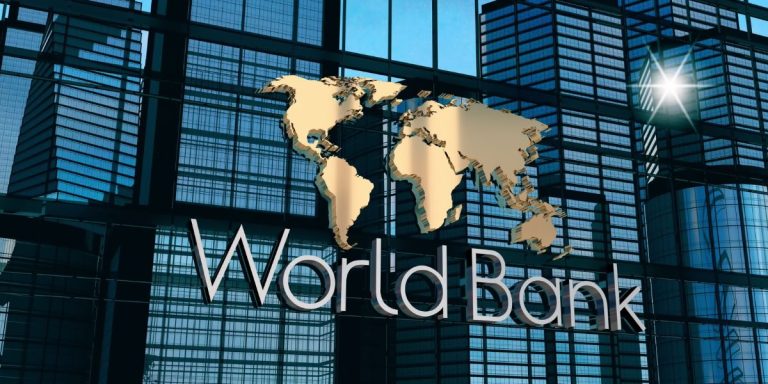Nearly half of Nigeria’s population is now living in poverty as inflation continues to erode the real value of earnings, particularly the stagnant national minimum wage, the World Bank has said.
In its latest Nigeria Development Update (NDU) released in May 2025, the Bank revealed that about 46 percent of Nigerians—approximately 107 million people—were living below the international poverty line of $2.15 per day in 2024, despite Nigeria being Africa’s largest economy.
The report underscores how prolonged inflation and sluggish economic growth have deepened poverty, stating:
“Successive years of rising inflation and sluggish growth have increased poverty and hardship levels. Since 2018/19, an additional 40 million people have fallen into poverty.”


It added that wage growth has not kept pace with inflation, especially in urban areas, where the cost of living has surged.
“Labour incomes have not kept up with inflation, depleting the purchasing power of Nigerians. Poverty has deepened and broadened, particularly among urban Nigerians.”
The Bank noted a stark disconnect between Nigeria’s macroeconomic figures and the real-life conditions of its citizens. While GDP growth figures may appear promising, the report said, “the wealth is not translating to better living conditions for the majority of Nigerians.”
In a critical comparison, the report highlighted Nigeria’s poor performance relative to other nations:
“Nigeria’s GDP per capita is just 4.4% of Singapore’s and only 30% of Botswana’s—an African peer with fewer natural resources but stronger economic governance.”


The report also calculated that with a 2024 population of 232.7 million and a GDP of ₦277.5 trillion, if national wealth were evenly distributed, every Nigerian would earn about ₦100,000 per month. However, even that amount is insufficient in many urban areas due to soaring prices.
Despite the grim statistics, public anger has been further fuelled by revelations about lavish government spending. A federal lawmaker recently exposed that, following the removal of fuel subsidies under President Bola Tinubu’s administration, lawmakers now receive massive allocations for “constituency projects.”

According to the lawmaker,
“No Senator currently receives less than ₦2 billion, while each member of the House of Representatives now gets at least ₦1 billion.”
This disclosure, made during a public address in Osun State, has sparked widespread outrage over corruption, wasteful spending, and the growing disconnect between the political class and ordinary Nigerians.
The World Bank concluded that while Nigeria has the economic potential to eliminate poverty, entrenched inequality, poor governance, and inefficient public spending continue to hold the country back.




